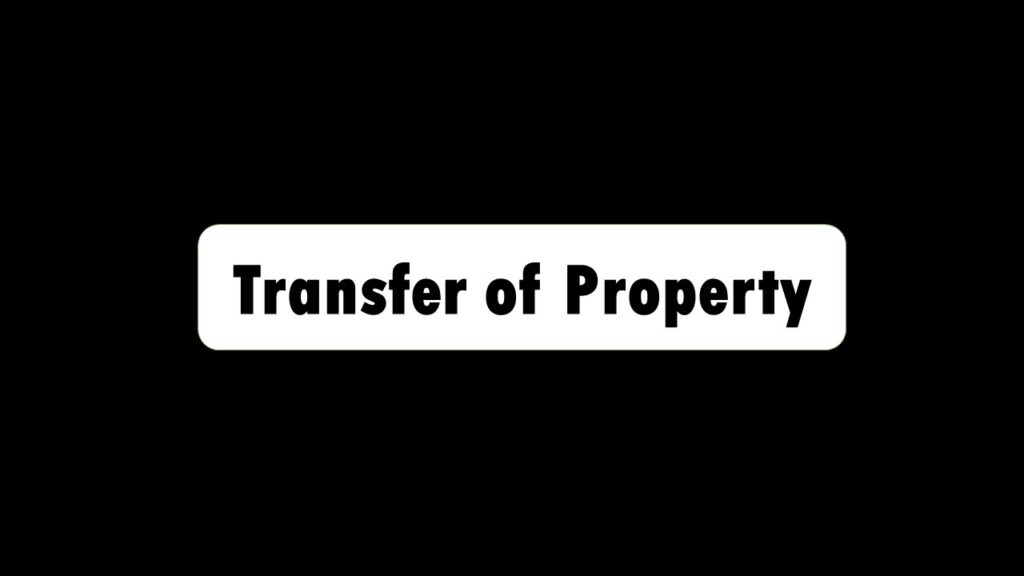T. Anjanappa v. Somalingappa [(2006) 7 SCC 570]
Adverse possession contemplates a hostile possession i.e.
a possession which is expressly or impliedly in denial of the title of the true
owner
12. The concept of adverse possession contemplates a
hostile possession i.e. a possession which is expressly or impliedly in denial
of the title of the true owner. Possession to be adverse must be possession by
a person who does not acknowledge the other’s rights but denies them. The
principle of law is firmly established that a person who bases his title on
adverse possession must show by clear and unequivocal evidence that his
possession was hostile to the real owner and amounted to denial of his title to
the property claimed. For deciding whether the alleged acts of a person
constituted adverse possession, the animus of the person doing those acts is
the most crucial factor. Adverse possession is commenced in wrong and is aimed
against right. A person is said to hold the property adversely to the real
owner when that person in denial of the owner’s right excluded him from the
enjoyment of his property.
13. Possession to be adverse must be possession by a
person who does not acknowledge the other’s rights but denies them:
‘24. It is a matter of
fundamental principle of law that where possession can be referred to a lawful
title, it will not be considered to be adverse. It is on the basis of this
principle that it has been laid down that since the possession of one co-owner
can be referred to his status as co-owner, it cannot be considered adverse to
other co-owners.’ (See Vidya Devi v. Prem Prakash [Vidya Devi v. Prem Prakash,
(1995) 4 SCC 496] , SCC p. 504, para 24.)
14. Adverse possession is that form of possession or
occupancy of land which is inconsistent with the title of the rightful owner
and tends to extinguish that person’s title. Possession is not held to be
adverse if it can be referred to a lawful title. The person setting up adverse
possession may have been holding under the rightful owner’s title e.g.
trustees, guardians, bailiffs or agents. Such persons cannot set up adverse
possession:
‘14. … Adverse possession
means a [hostile possession] which is expressly or impliedly in denial of title
of the true owner. Under Article 65 [of the Limitation Act] burden is on the
defendants to prove affirmatively. A person who bases his title on adverse
possession must show by clear and unequivocal evidence i.e., possession was
hostile to the real owner and amounted to a denial of his title to the property
claimed. In deciding whether the acts, alleged by a person, constitute adverse
possession, regard must be had to the animus of the person doing those acts
which must be ascertained from the facts and circumstances of each case. The
person who bases his title on adverse possession, therefore, must show by clear
and unequivocal evidence i.e. possession was hostile to the real owner and
amounted to a denial of his title to the property claimed.
15. Where possession can be referred to a lawful
title, it will not be considered to be adverse. The reason being that a person
whose possession can be referred to a lawful title will not be permitted to
show that his possession was hostile to another’s title. One who holds
possession on behalf of another, does not by mere denial of that other’s title
make his possession adverse so as to give himself the benefit of the statute of
limitation. Therefore, a person who enters into possession having a lawful
title, cannot divest another of that title by pretending that he had no title
at all. (See Annasaheb Bapusaheb Patil v. Balwant [Annasaheb Bapusaheb Patil v.
Balwant, (1995) 2 SCC 543] , SCC p. 554, paras 14-15.)
